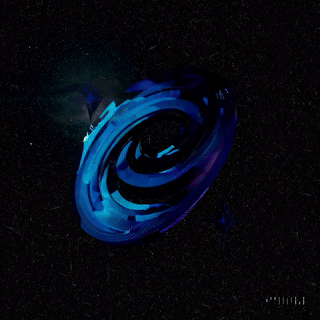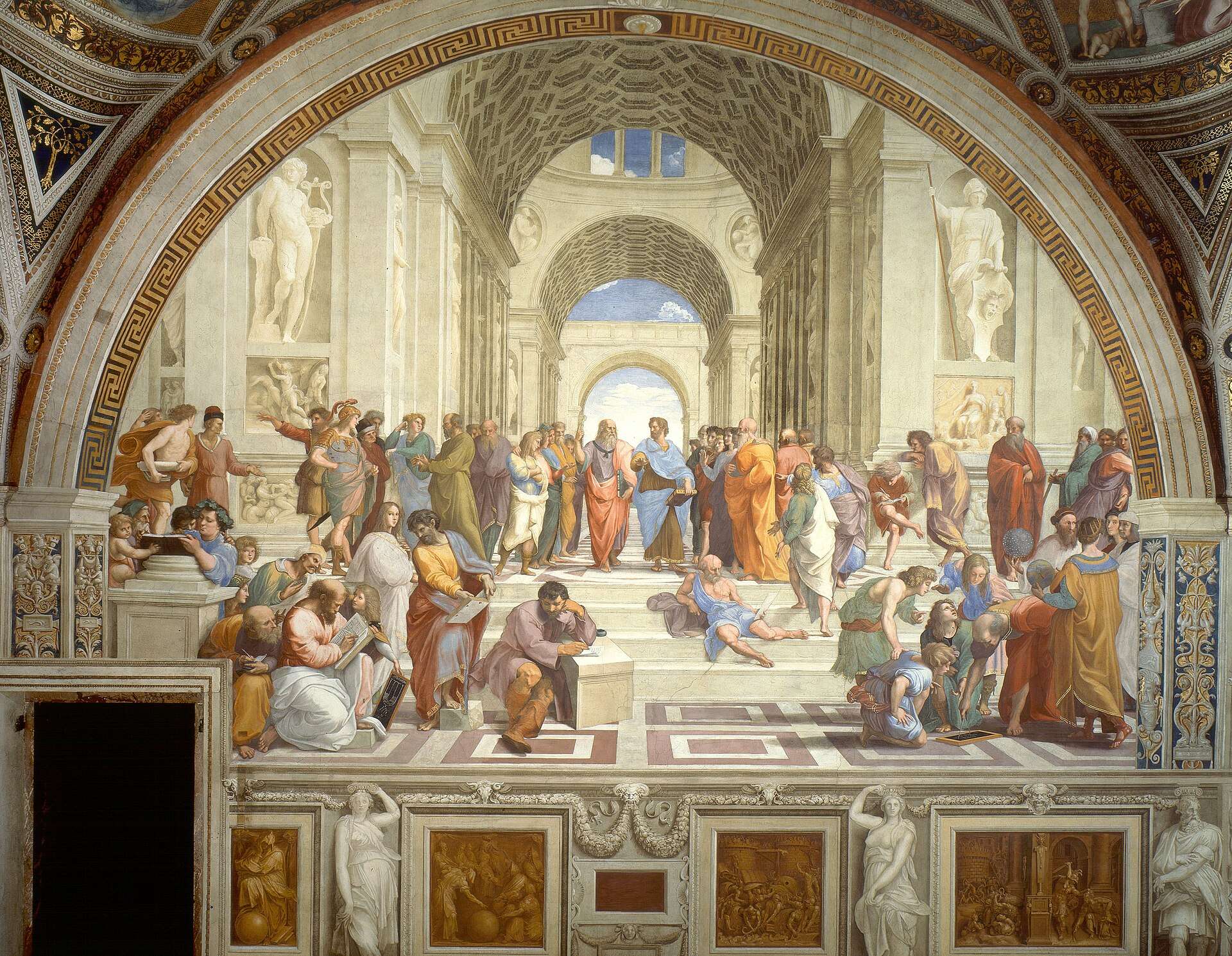Socrates and the Importance of Skepticism in the Modern World
It has never been more important to question what is happening in today’s society; the news, entertainment, commercials, and the advent of A.I. is propelling us towards a world where people will believe almost anything easily and readily


